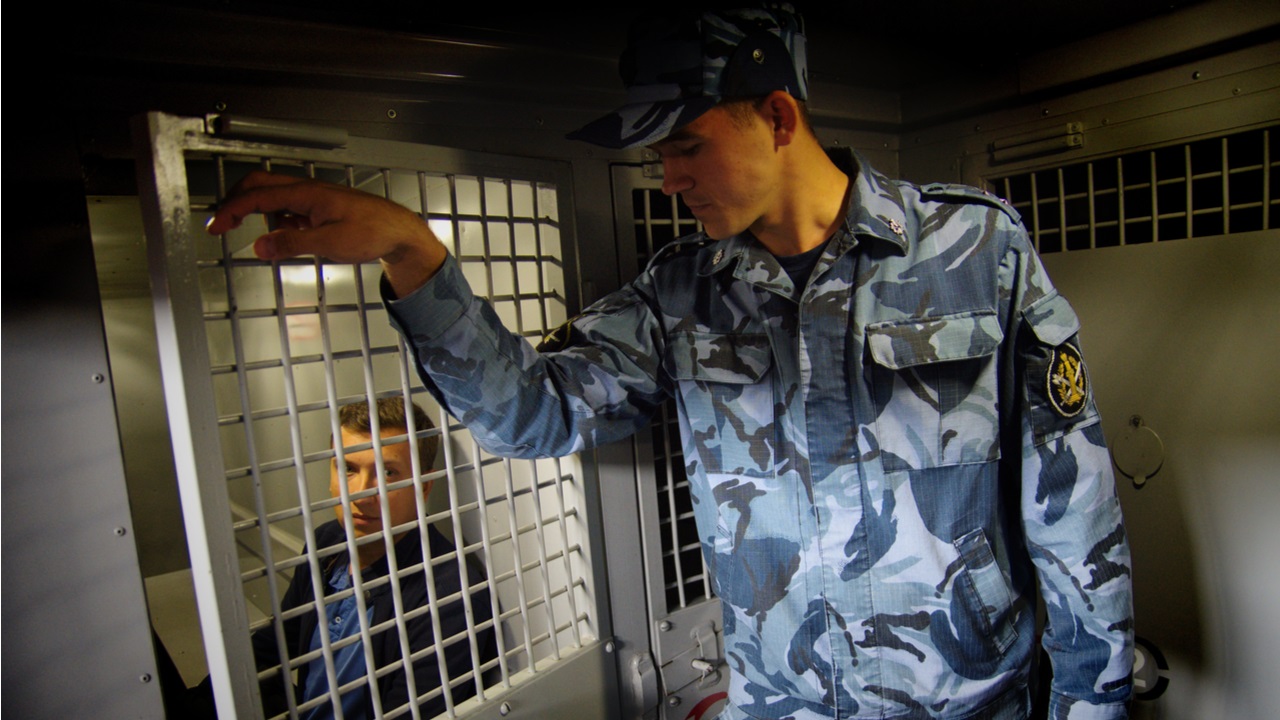
The interior ministry of Russia has decided to go after those providing money-laundering services to crypto fraudsters, suggesting they should go to prison. The department wants to introduce criminal liability for the activities of these people, also known as ‘droppers.’
Law Enforcement in Russia Targets Droppers Involved in Fraudulent Crypto Schemes
The Ministry of Internal Affairs of the Russian Federation (MVD) and other security agencies are hoping to introduce criminal liability for citizens providing assistance to scammers that exploit the popularity of cryptocurrency investments.
Law enforcement officials say they have been registering a growing demand for the services of so-called “droppers” — people who are willing to help crypto fraudsters with laundering illegally obtained funds, Russian crypto news outlet Bits.media reported.
A dropper is usually someone who was offered to accept illicit funds to their bank account or crypto wallet. The person can then buy cryptocurrency, split the amount between several wallets, or withdraw the money.
These individuals play a role in fraudulent schemes that allows organizers to cash out the stolen funds. Some droppers may not even realize they are involved in an illegal activity, but that doesn’t mean they won’t be held accountable in Russia.
Roman Bubnov, deputy head for departmental and procedural control at MVD’s Investigative Department, admitted that the authorities want to introduce criminal liability for such actions. If that happens, droppers may get between four and seven years of prison time.
The interior ministry proposes to define the activity as a separate offense, with all the ensuing consequences, explained Jamali Kuliyev from the Yukov and Partners law firm. This would allow Russian courts to impose the maximum sentence, he pointed out.
Russia is yet to comprehensively regulate its crypto space, with new legislation expected to be adopted this fall. In early May, a top central bank official revealed that more than half of all financial pyramids identified in the first quarter of this year were linked to cryptocurrencies.
In June, a bill introducing penalties for unauthorized issuance of digital financial assets was submitted to the State Duma, the lower house of Russian parliament. The draft law was filed by the Chairman of the Financial Market Committee Anatoly Aksakov who is also involved in the efforts to regulate crypto transactions in the country.
Do you expect Russian lawmakers to support the interior ministry’s proposal? Share your thoughts on the subject in the comments section below.
Comments
Post a Comment